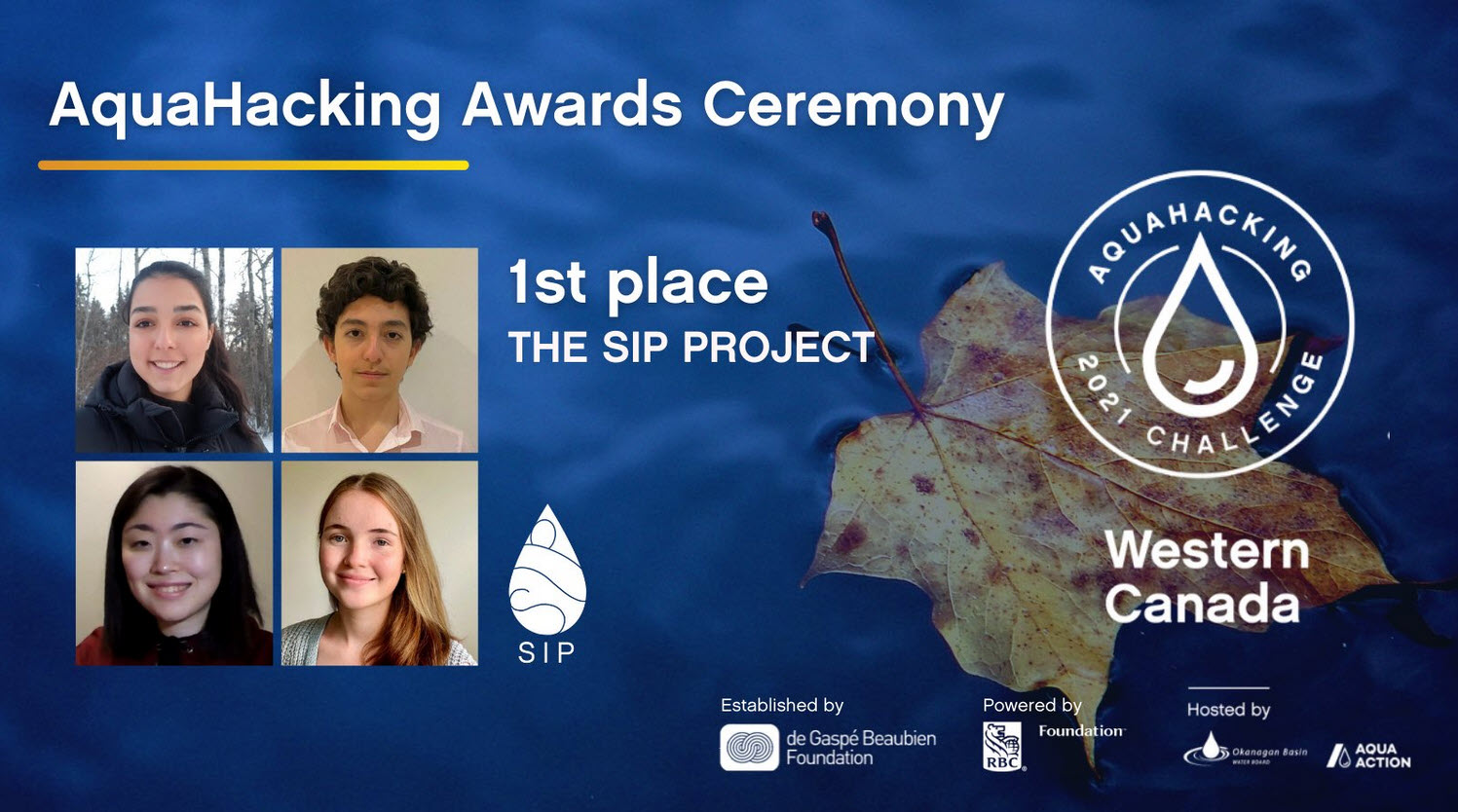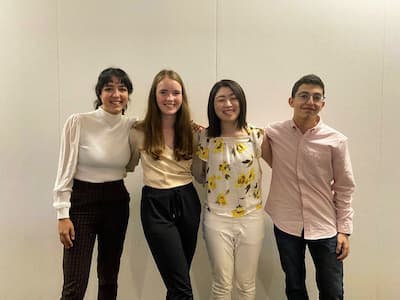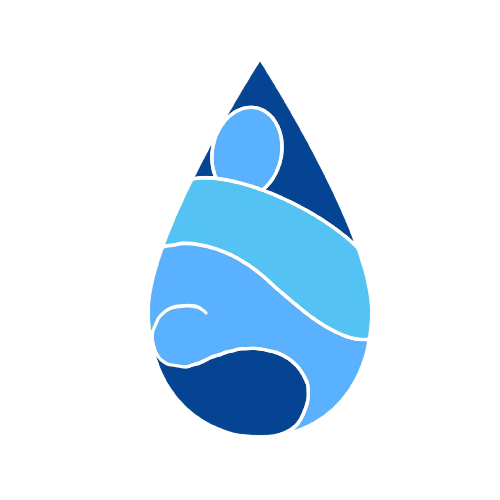
The Safety in Purity (SIP) Project; Energy-Free Gravity Filtration Backpack
Co-Chief Executive Officer
January 2020 - August 2022
In Affiliation with:
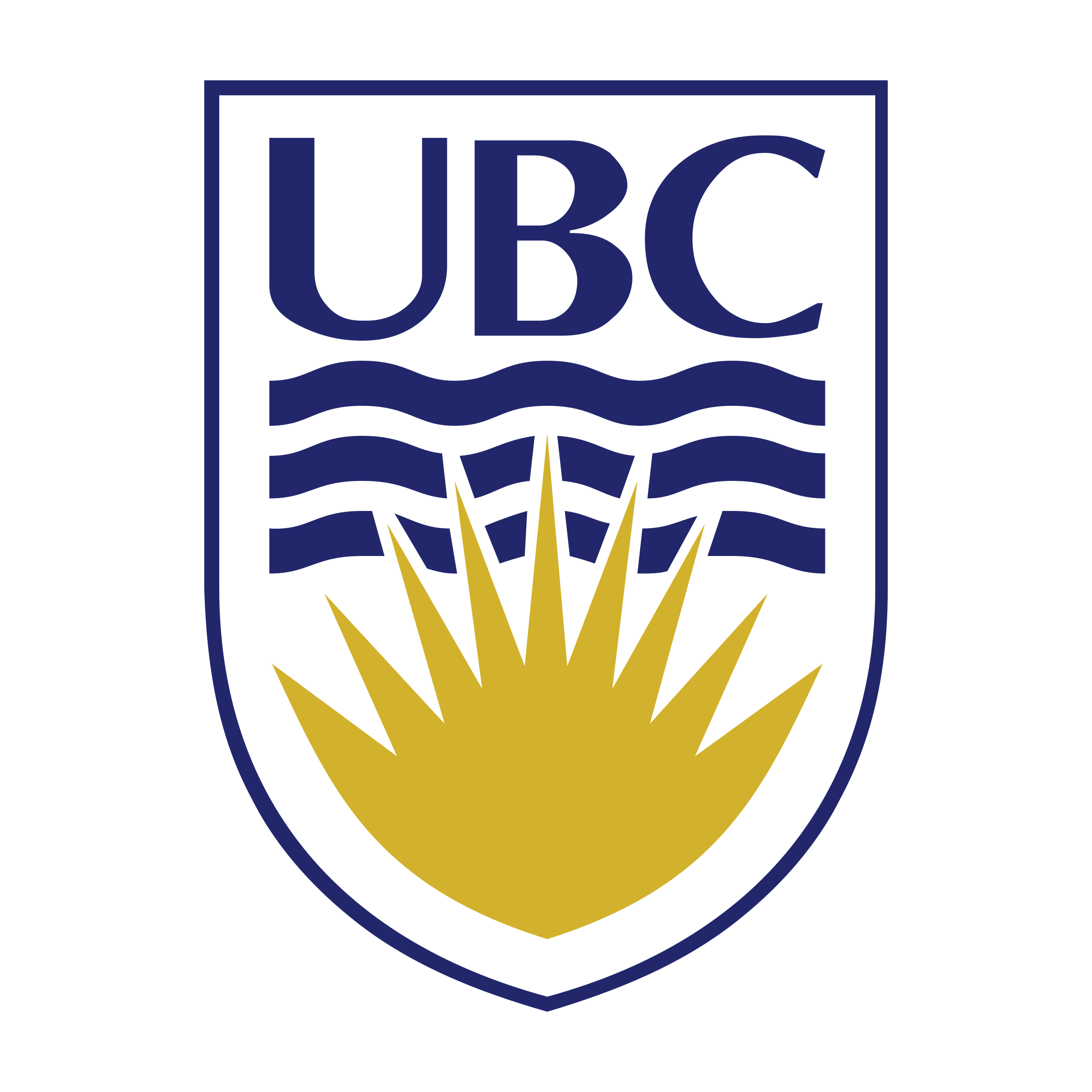
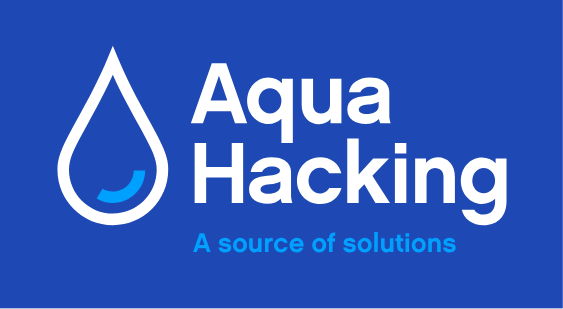
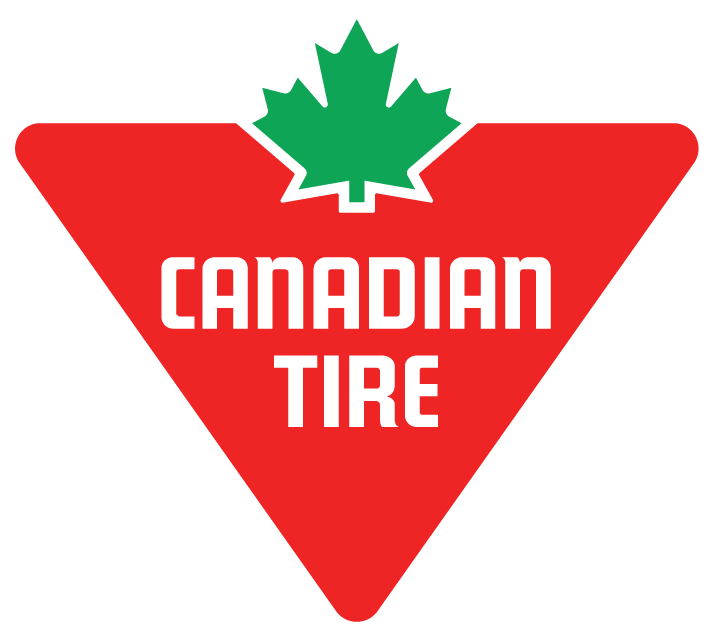
Summary:
The Safety in Purity Project (SIP) was founded from a course project in a first year design class: Sustainable Engineering Design.
The project was developing a hybrid-social enterprise for the design, manufacturing, production, and commercialization
of energy-free gravity filtration backpacks.
The SIP backpack was designed for commissioning in disaster response for humanitarian causes across the globe.
After the SIP team won CAD 30,000 in funding from placing First in the Western AquaHacking Competition,
we partnered with Canadian Tire to conduct customer discovery, competition analyses, and product design.
The system comprised of a three-tier water filtation system integrated into a 70L backpacking backpack with a large water bladder. As the backpack is being carried or hung, it would provide
a continuous supply of tasteless, clear, and decontaminated water for drinking, cooking, and cleaning.
The SIP team conducted hundreds of interviews with disaster response volunteers (including executives from the United Nations), and partnered with a non-profit
organization that fundraised and sent professional engineering volunteers to remote communities in need of restoration services.
Ultimately, after two years of operation the SIP team comprised of only a few members that became geographically dispersed. The team could no longer
conduct normal operations and the company was disbanded. However, this was not without providing a deep learning opportunity, getting comfortable
with iteration, and with hearing the word 'no' after pitching to investment firms.
Skills Practiced and Learned
| Category | Skill | Details |
|---|---|---|
| Technical Skills | User-Centered Product Design |
|
| Soft Skills | Leadership and Confidence |
|
My Role:
As mentioned above, this team and project was originally a part of a course called "APSC 169: Sustainable Engineering
Design." After serving as the team captain throughout the duration of the course, the team was encouraged to submit our project into several funding
opportunities and competitions. The first included the IEI Fund from the UBCO School of Engineering, of which we received $5,000 CAD shortly before deciding to start a company.
Afterwards, I served as Co-Cheif Executive Officer alongside my peer, Elana Wood. Upon placing first in the Western AquaHacking Challenge, we won an additional $30,000
in funding as well as places in several entrepreneurship incubators.
While taking part in these incubators, we conducted customer discovery and iterated designs of our product dozens of times. We cold-called organizations, individuals, and leaders
in industry until solidifying a partnership with Canadian Tire. With the support of their design engineers, we were mentored on how to produce relationships with manufacturers and
design with high-scale production in mind.
My role in all of this was to become an expert at everything: pitching the idea, presenting, designing with social needs in mind, learning how to incorporate a company,
manage funds, and be a leader. Despite this product never commercializing, it remains one of the projects I am most proud of today.
Gallery:
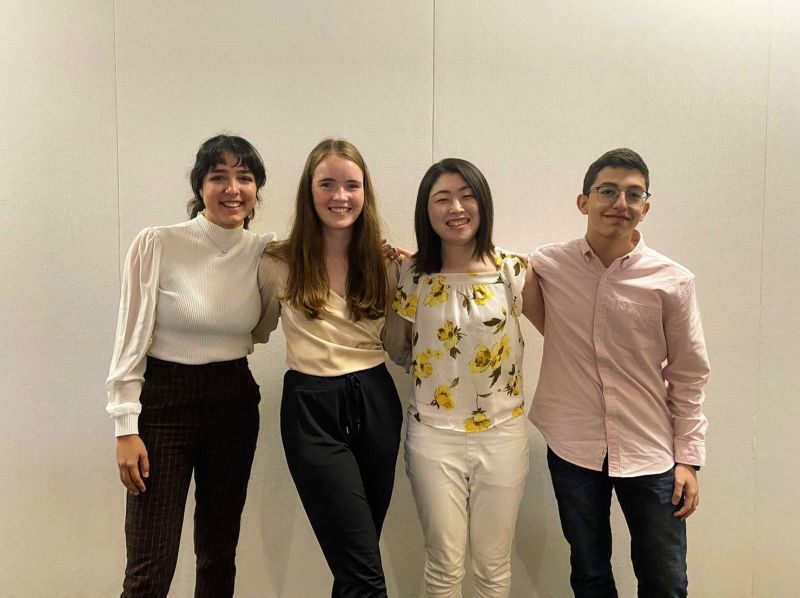
The team and I after winning the hackathon competition :)
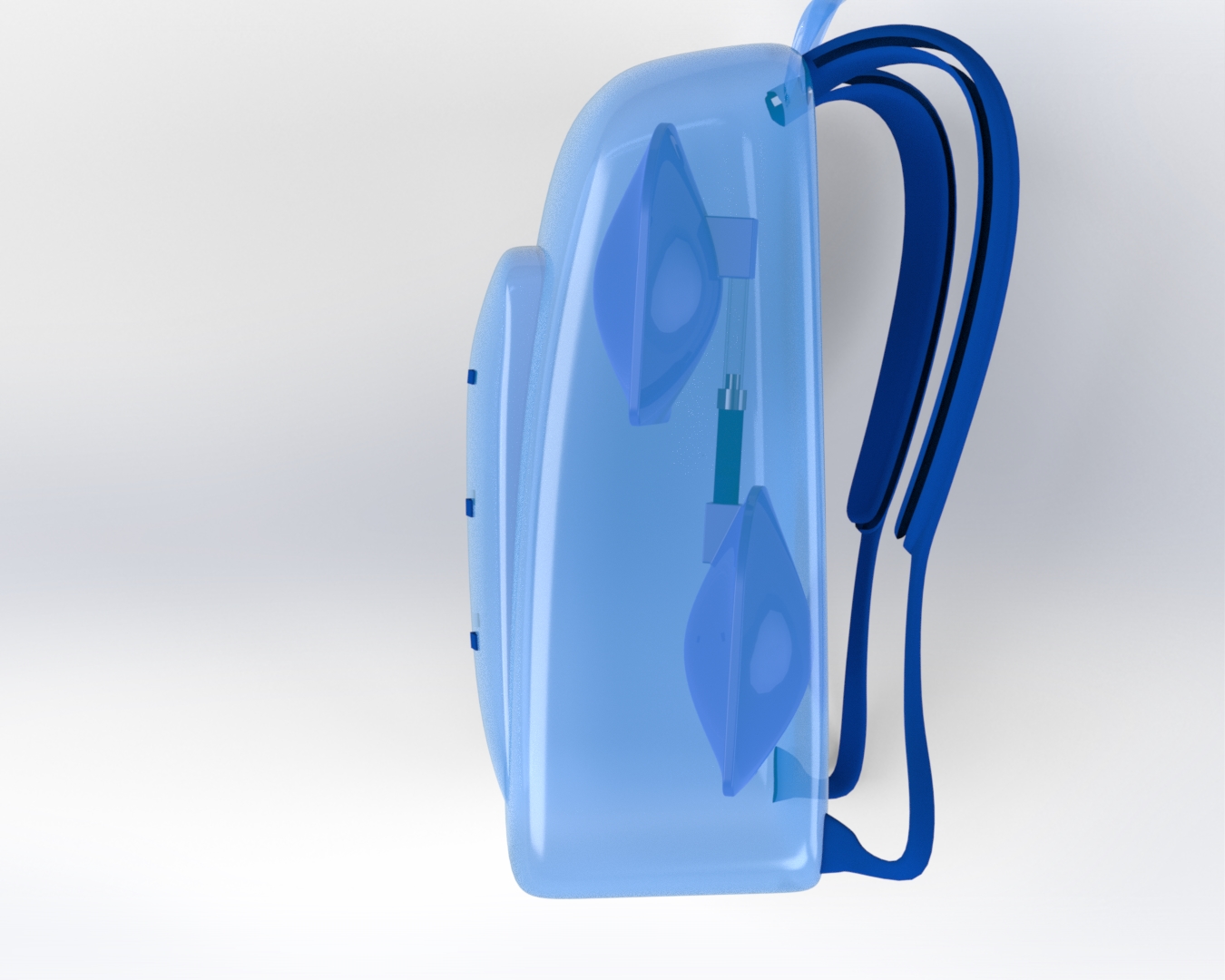
Early iterations of the SIP backpack.
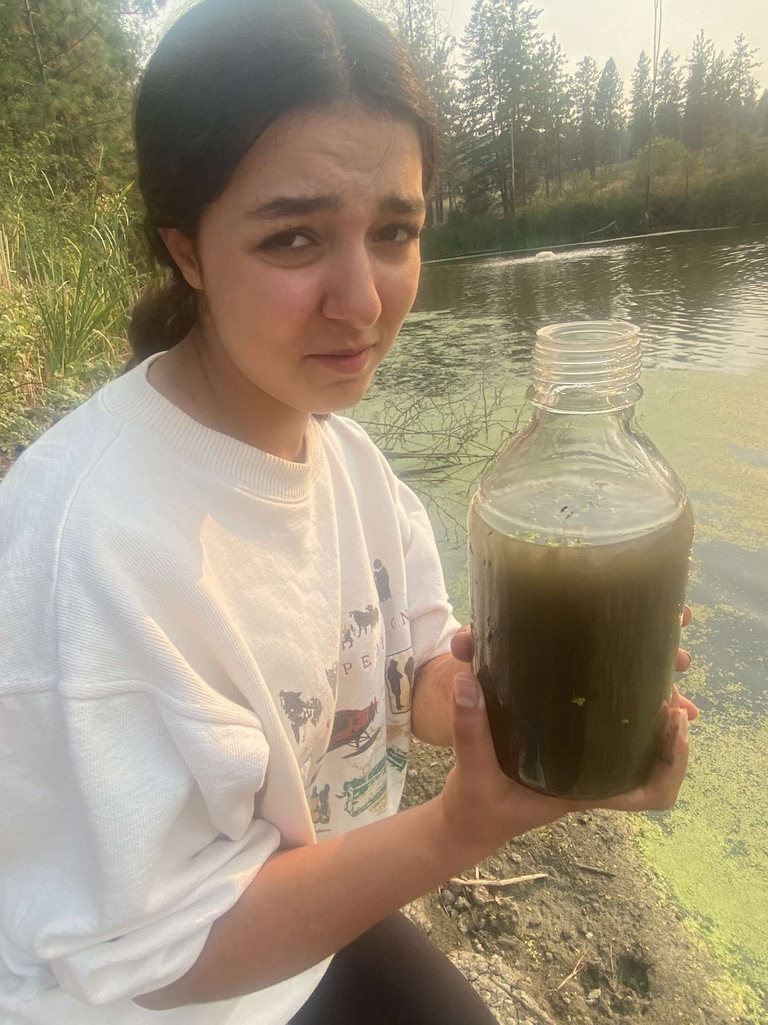
Me getting gross pond water from our campus to test our filters with.
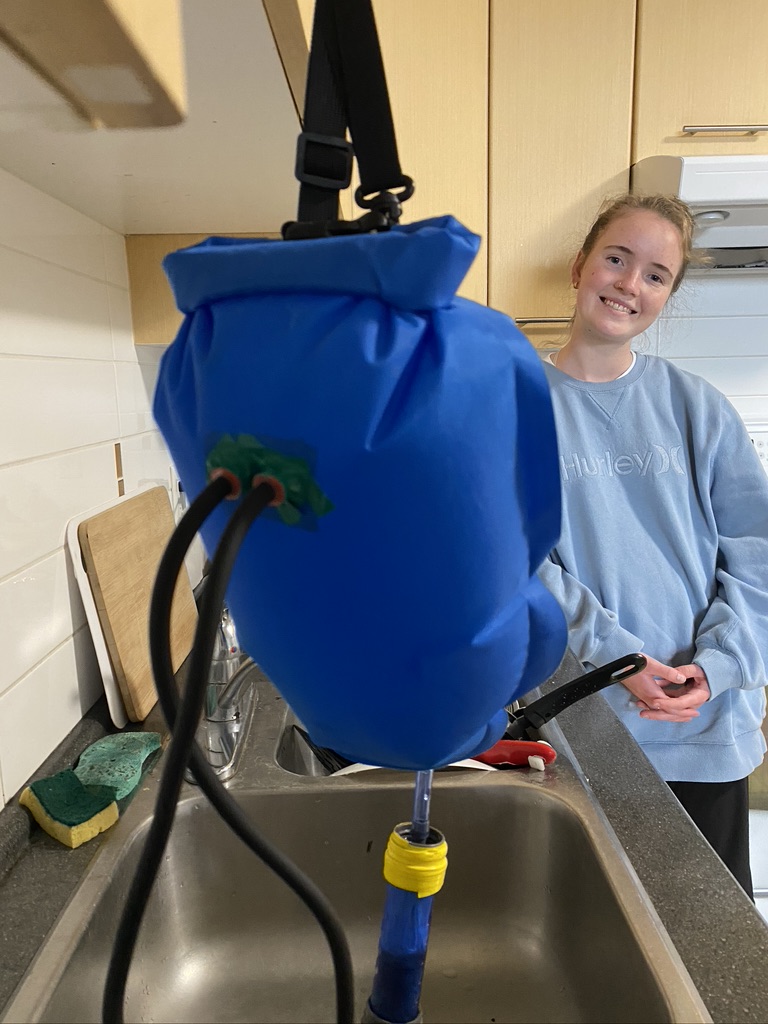
Elana and I testing early models over the sink of my dorm room.
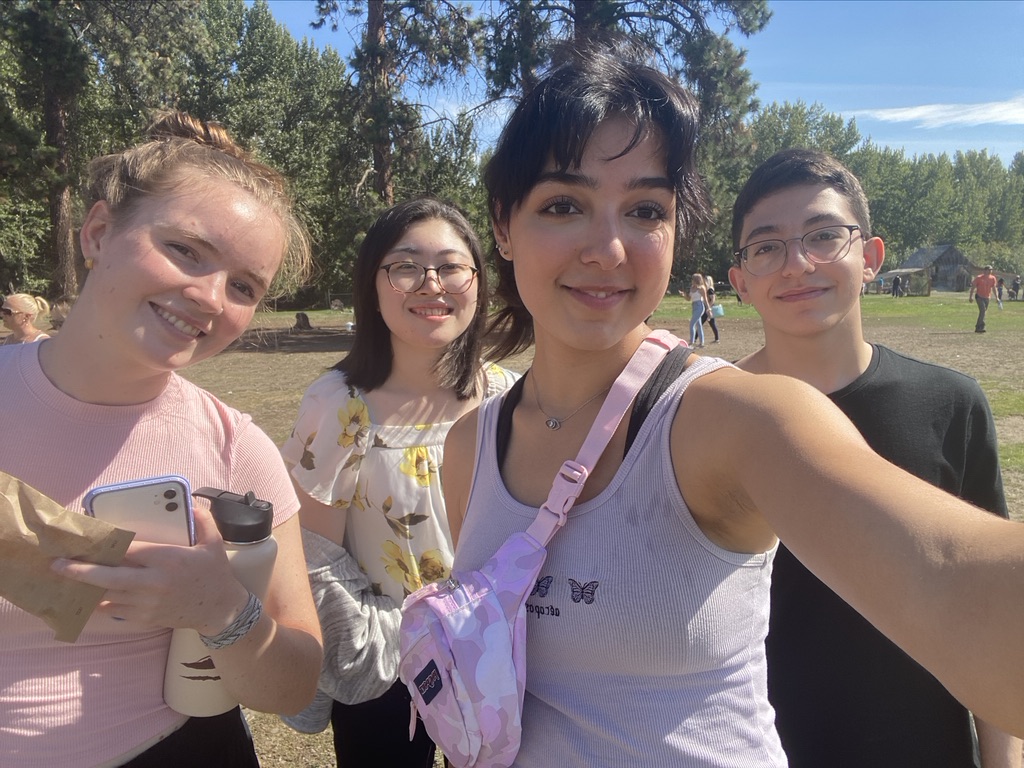
The SIP Team at the kangaroo farm after winning AquaHacking.
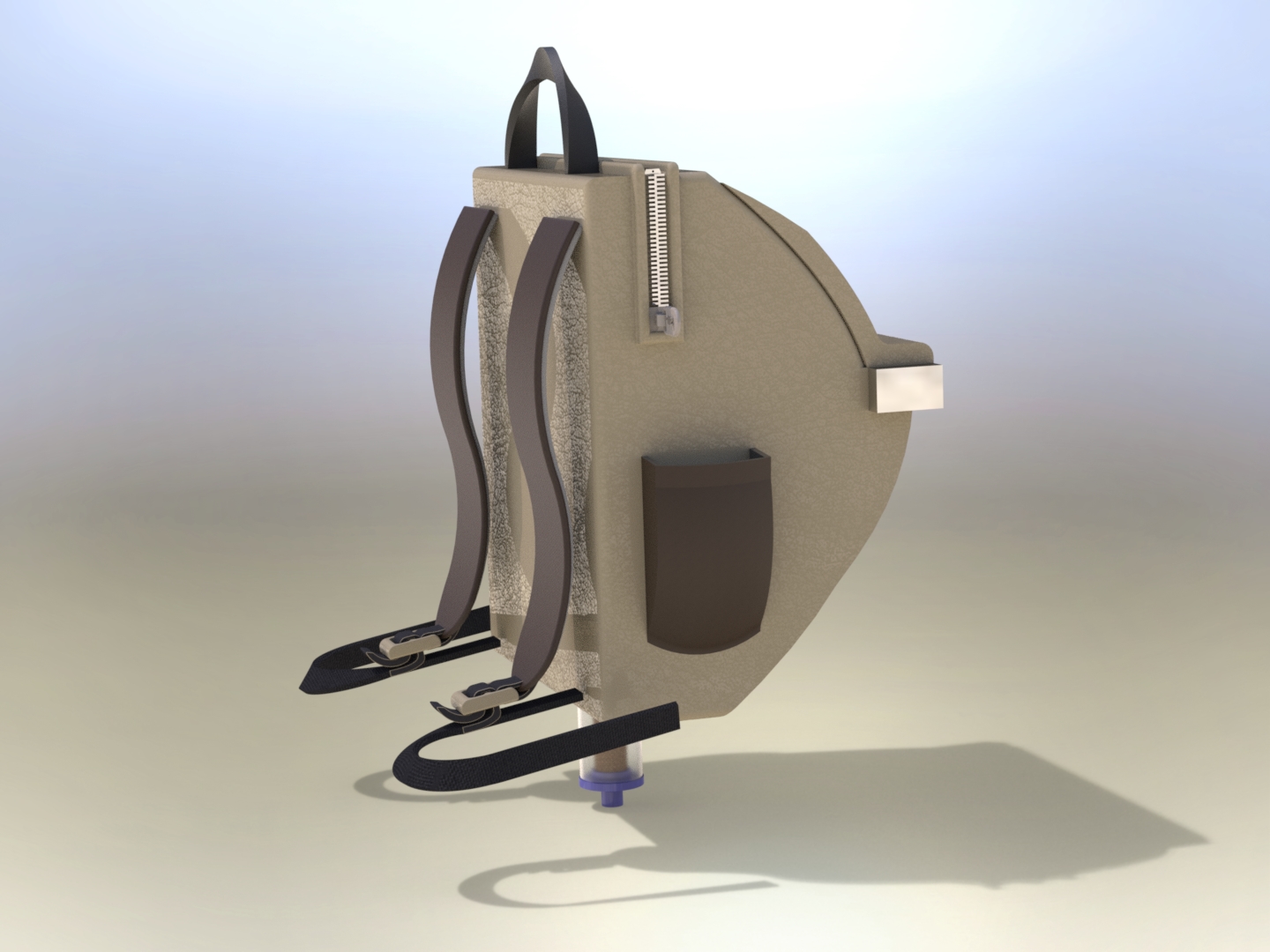
More early renderings (we were still learning Solidworks, this was first year).
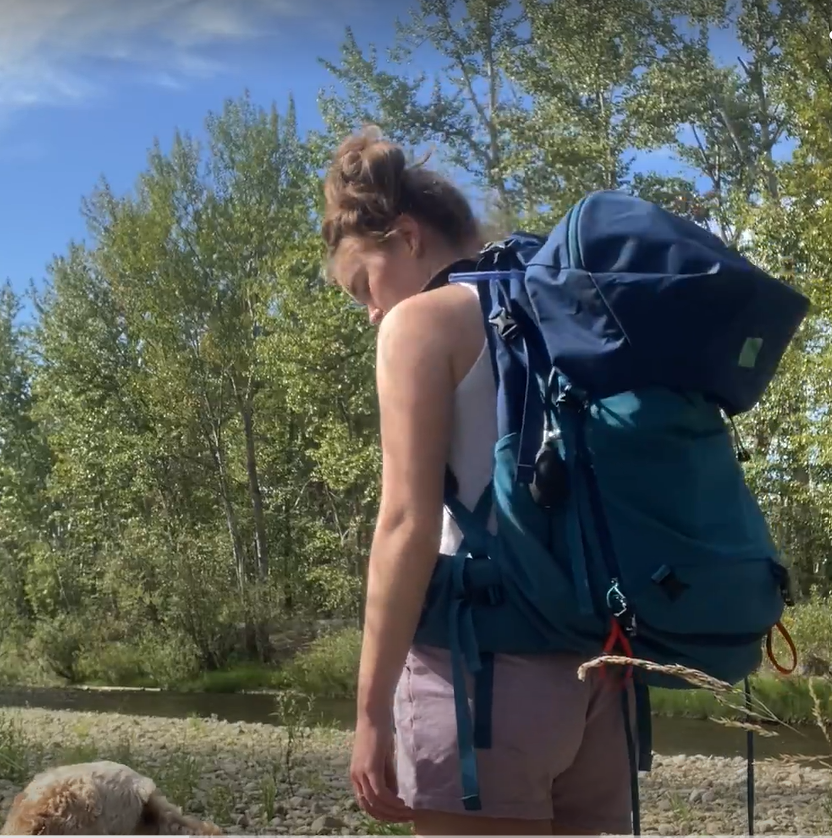
Elana in the wild, testing the prototypes we produced.
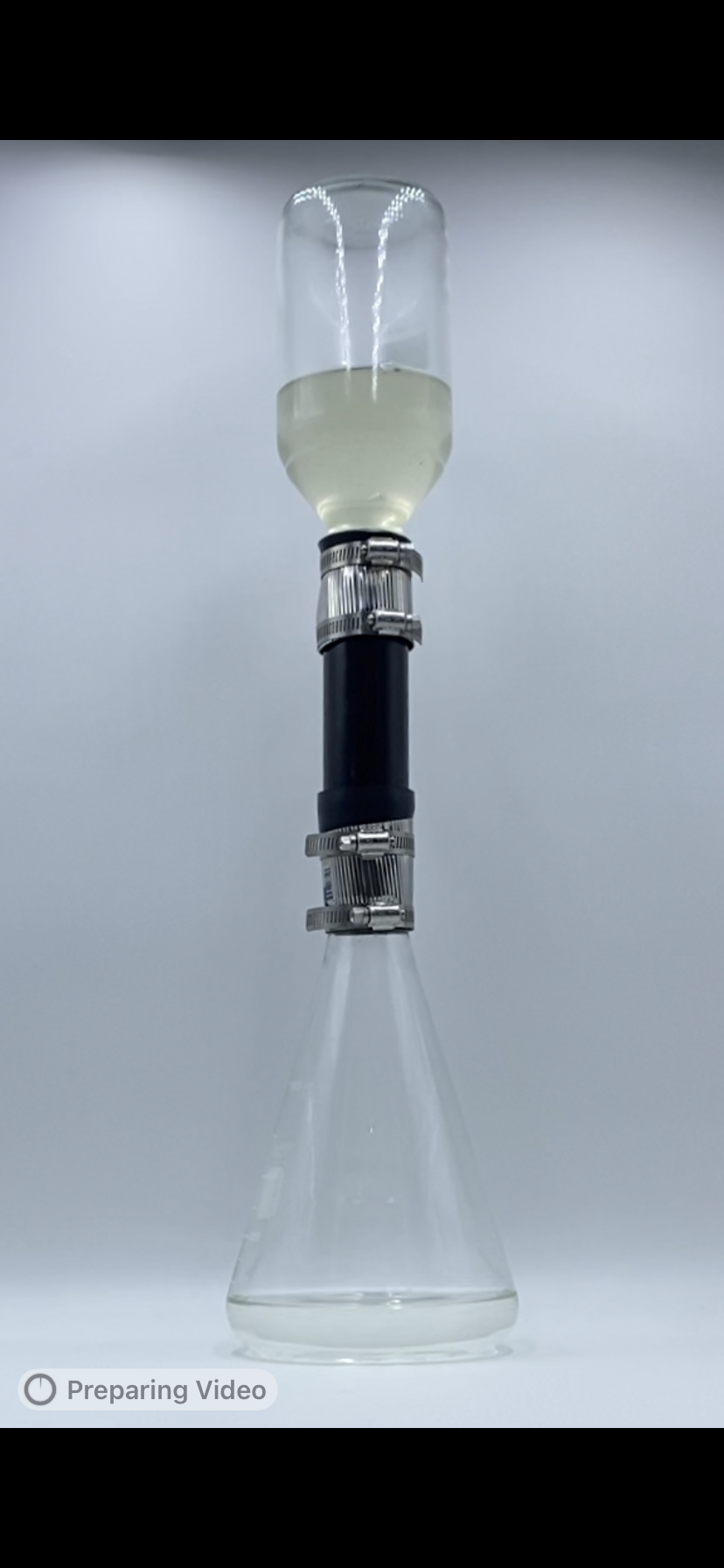
When we tested the filtration speed of our water purification system. It worked pretty decently!
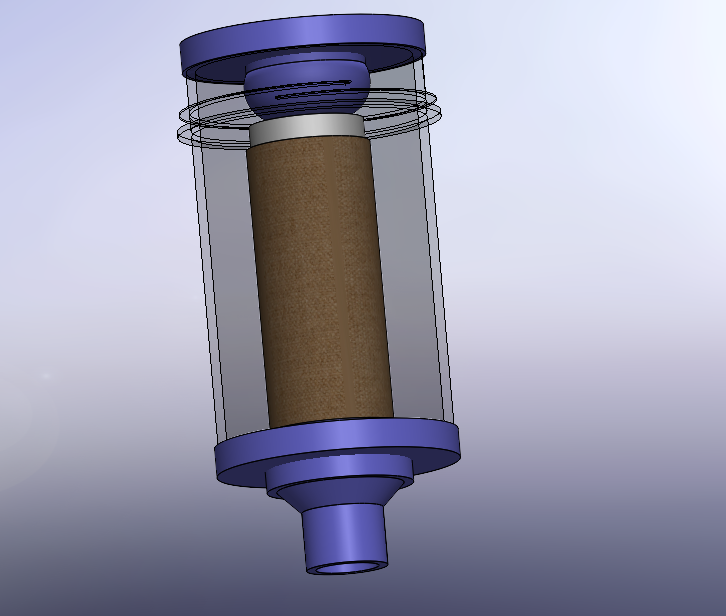
More early models.
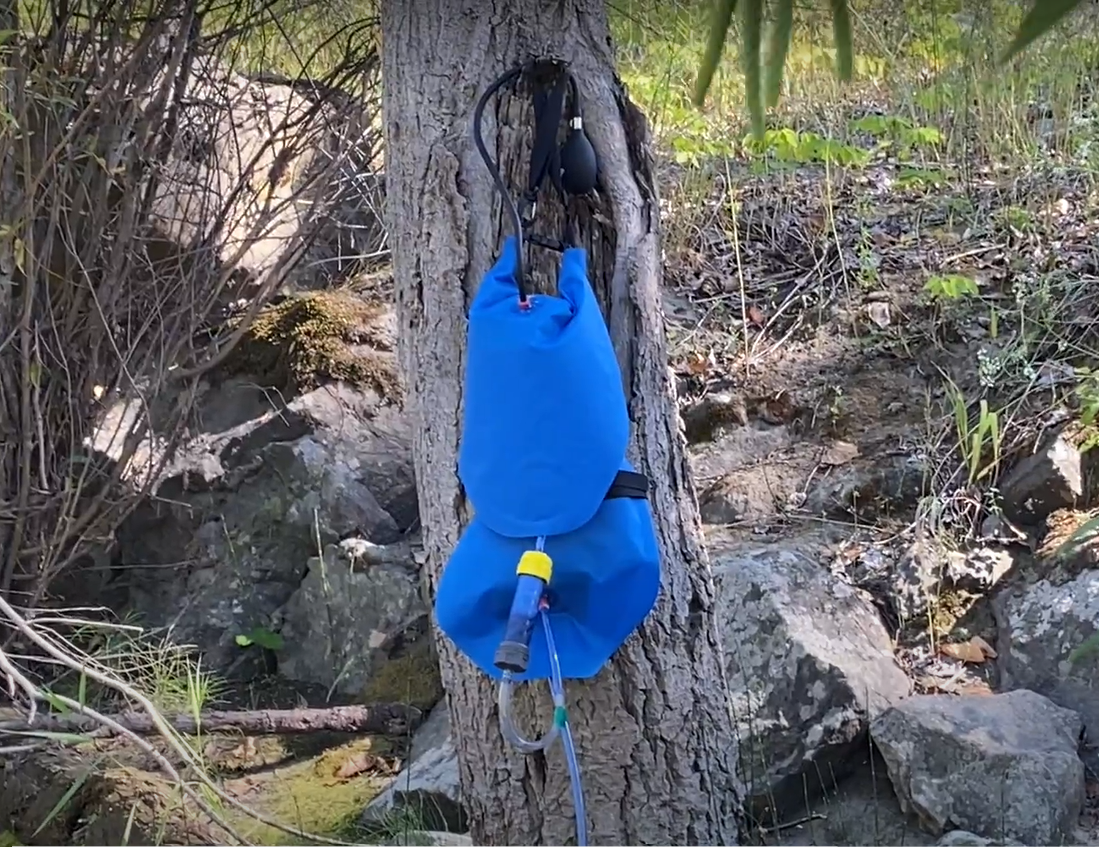
Testing of the backpack against a tree.
Learn More:
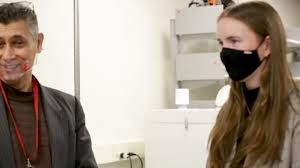
An Interview with Us
About the SIP Project and the SIP Team. I look so much younger here!
Learn More